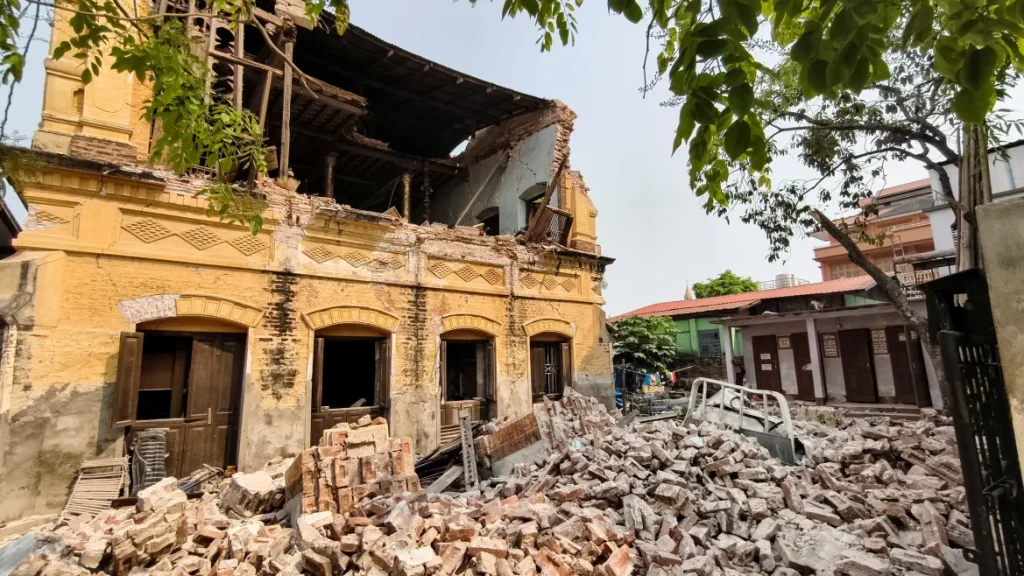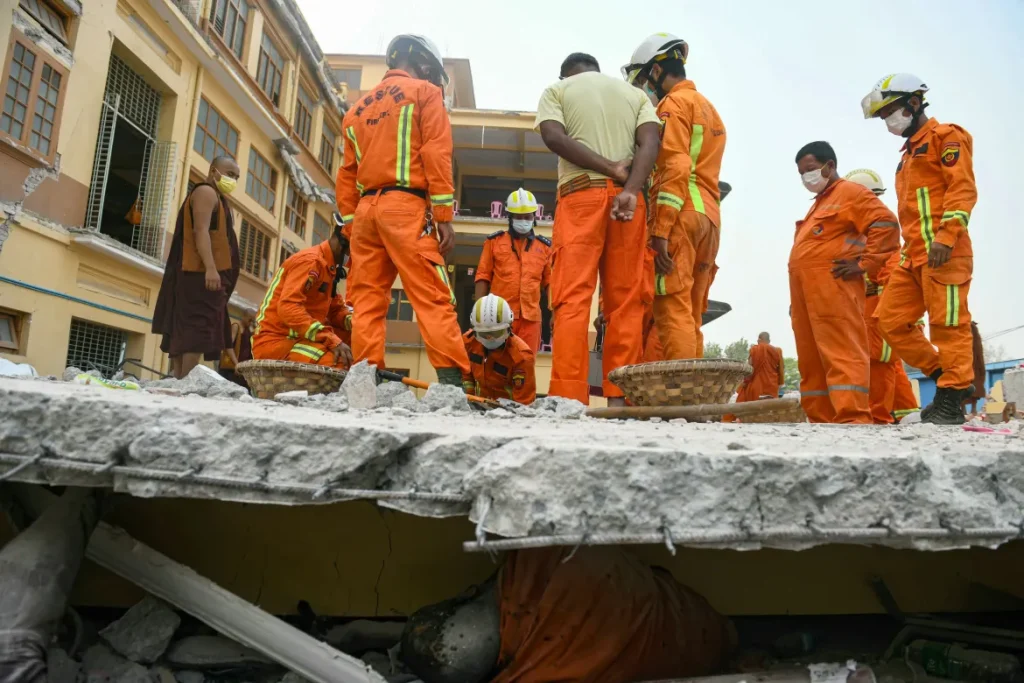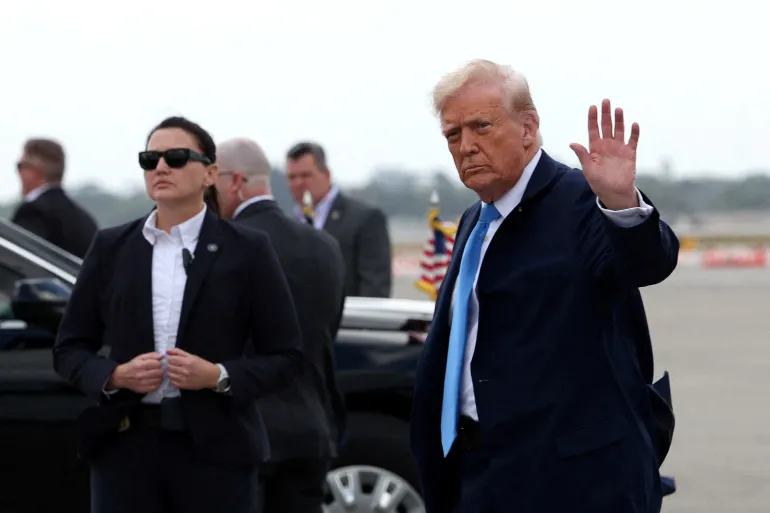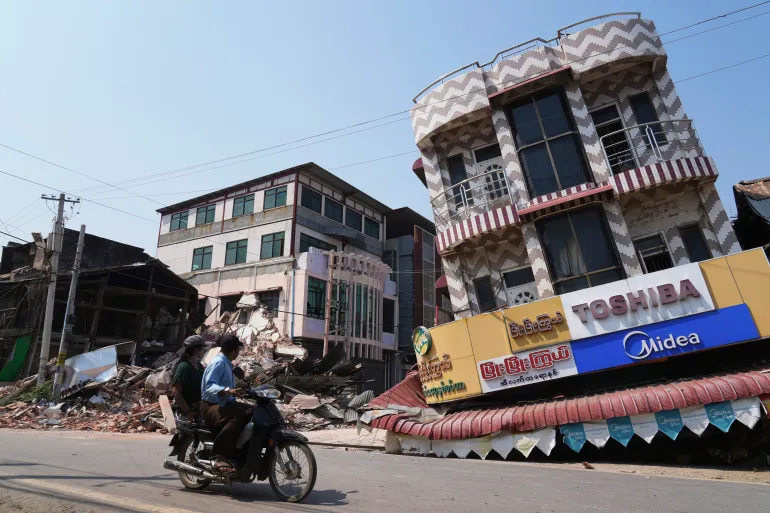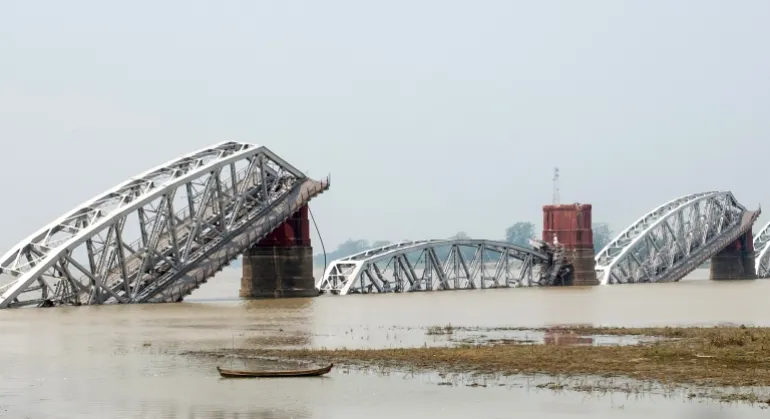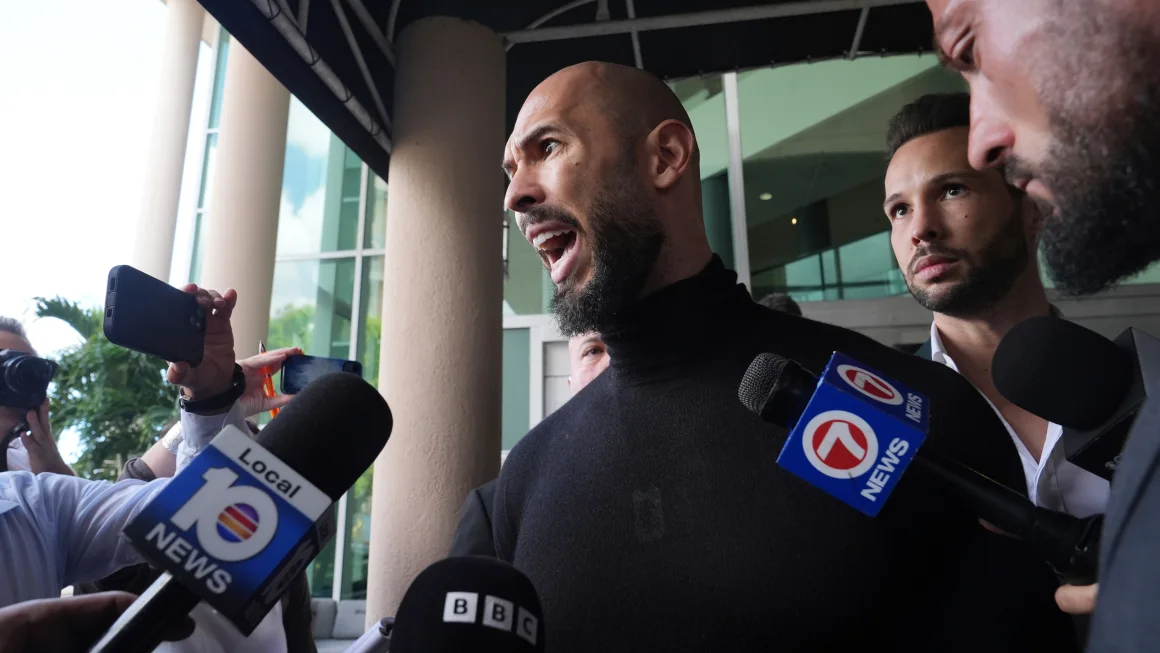Tragedy struck in the Red Sea as six Russian tourists lost their lives following the sinking of a recreational submarine. Egyptian officials confirmed the incident, which has sent shockwaves through the international community and raised concerns about safety measures for maritime activities in the region.
The submarine was reportedly on an excursion near popular diving spots when it experienced mechanical failure, leading to its descent into deeper waters. Eyewitnesses reported frantic scenes as passengers struggled to evacuate, and local authorities quickly mobilized search and rescue operations. Despite their efforts, six individuals were confirmed dead, while others were rescued and taken to local hospitals for treatment.

The Egyptian Ministry of Tourism released a statement expressing condolences to the victims’ families and pledging a thorough investigation into the circumstances surrounding the incident. Reports suggest that the submarine was intended for viewing marine life and was a popular choice for tourists seeking to explore the vibrant underwater ecosystems of the Red Sea.
This incident underscores the need for stringent safety protocols in tourism and maritime operations, particularly in areas known for diving and other aquatic activities. Authorities have been urged to review safety regulations and equipment standards to prevent future tragedies.
As news of the sinking spreads, responses from travel agencies and tourism operators have been swift, with calls for increased safety training and better monitoring of watercraft used for tourist excursions. Many tourists are understandably concerned about their safety during marine adventures, prompting discussions about the responsibility of operators in safeguarding their guests.
The impact of this incident will likely reverberate throughout the tourism sector, especially in a region reliant on international visitors drawn to its breathtaking landscapes and rich marine biodiversity. As the investigation unfolds, the focus will remain on understanding the factors that led to this devastating loss and ensuring that measures are put in place to protect future tourists.
The families of the deceased are now facing unimaginable grief as they come to terms with the loss of their loved ones. As the world reflects on this tragic event, there is a collective hope for improved safety in tourism that honors the lives lost and prevents future accidents in the beautiful yet sometimes perilous waters of the Red Sea.


